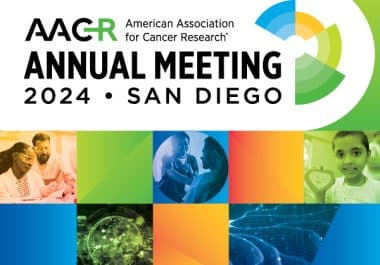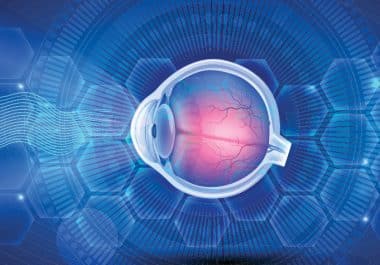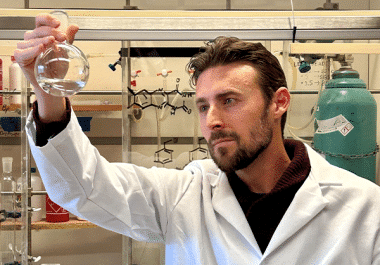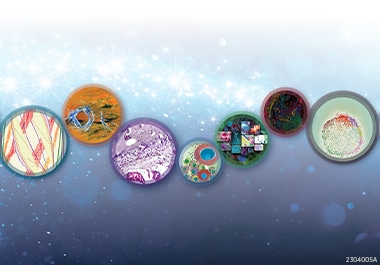
AACR grantee demonstrates the potential of PARP inhibitors in splicing factor-mutant leukemias
More than half of patients with myelodysplastic syndrome (MDS) have a mutation in an RNA splicing factor gene. In particular, mutations in U2AF1 and SRSF2 splicing factor genes are associated with worse overall survival and increased risk of transformation of MDS to secondary acute myelogenous leukemia. The team led by Hai Dang Nguyen, PhD, recipient of a 2022 AACR Career Development Award to Further Diversity, Equity, and Inclusion in Cancer Research, demonstrated the therapeutic potential of PARP inhibitors in U2AF1- and SRSF2- mutant leukemias.








